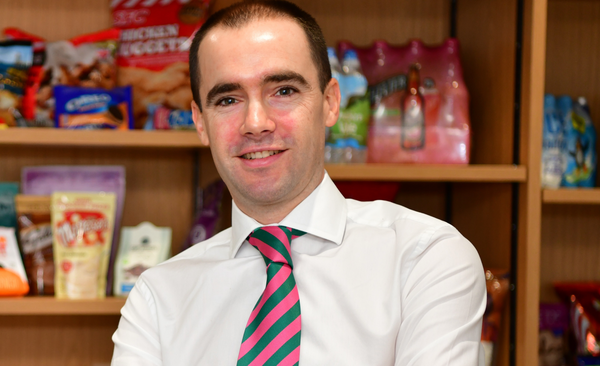New plastic packaging tax must be accepted - Roberts Mart




The new Plastic Packaging Tax, which became law this month, should be accepted rather than challenged, according to Ben Roberts of leading Leeds-based plastic packaging manufacturer Robert Mart.
Ben, who is the award-winning company’s marketing director, explained that the tax provided a clear economic incentive for businesses to use recycled plastic in the manufacture of plastic packaging.
This would, he argued, create greater demand for this material, stimulating increased levels of recycling and collection of plastic waste, diverting it away from landfill or incineration.
This tax is being charged at a rate of £200 per tonne of plastic packaging and only applies to plastic packaging components that contain less than 30 per cent recycled plastic. The tax is a crucial step in the UK’s journey to be more sustainable in its use of plastic.
Ben commented: “It is important to stress that all responsible plastics packaging manufacturers – and their customers - should accept this tax, rather than fighting against it.
“While we cannot eradicate the use of plastics in our packaging, we are consistently looking at ways of reducing the impact they have by light weighting them, by reducing pack sizes and by substituting or replacing plastic with paper, where it is a viable alternative. In addition, we can make some plastic compostable where composting is an option, i.e. industrial composting in European markets.
“Our main goal is to ensure all packaging for our customers is designed for a circular economy. Plastics are a valuable resource and need preserving through collection, sorting, recycling and re-use.
“The current systems in place do not support this objective especially well, but there is promising investment in the retail chain and council collections for home waste are improving, where plastic is concerned. But a circular economy will only ultimately work with joined-up thinking from all stakeholders involved.”
Ben commented: “Our initiatives mean that we have put ourselves in a strong position to be ready for the new tax. For example we are able to produce both plain and printed collation shrink films which contain a percentage of recycled material and are deemed recyclable. It is a virtuous circle, of which we are proud.
“Having said all this, however, it is important to correct the prevailing narrative that the UK plastics industry is irresponsible. It is absolutely vital to remember the industry is the third largest manufacturing sector in the country and that 82 per cent of the plastic that enters the ocean (and that so horrified viewers of Blue Planet) comes from Asia, notably from rivers like the Ganges. Only two per cent comes from the UK and Europe. It is so important to understand that the problem isn’t plastic, but how we treat plastic waste.
“This is a message which needs to be at the heart of the new globally binding UN Environment Programme treaty, recently signed by 175 countries and billed as the biggest multilateral environmental deal” since the 2015 Paris climate agreement. It is the first treaty to directly tackle the nine billion tonnes of plastic produced since the plastic age ramped up in the 1950s. Work has now begun on how to implement the treaty by 2024.
“It is absolutely right that we should be outraged by the amount of waste, including plastic, which is pumped into our rivers and oceans daily and which this UN Treaty is trying to address. Our planet is too valuable to be threatened in this way. But it is also important that the UK plastics industry is not treated as a political football, especially when we are doing our very best to reduce plastic waste.
“It is timely to reflect that using alternatives to plastic would increase both energy consumption and waste. The new Plastics Packaging Tax is clearly here to stay, and we will constructively work with it, but here at Roberts Mart we are proud to have been promoting green recycling initiatives well before the tax was devised, let alone passed into law,” he added.